Faculty Notes – Fall 2023
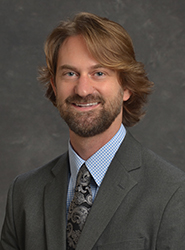
Justin Arft saw the publication of his book, Arete and the Odyssey’s Poetics of Interrogation: The Queen and Her Question, with Oxford University Press (2022) and was promoted to Associate Professor with tenure. He continues to teach large myth classes and smaller classes in Greek poetry, advanced mythology, and comparative oral poetics. His research will now shift to a second book project on the nature of Greek heroism in archaic Greek poetry and cultural practice, in particular the way in which non-heroic and marginalized characters were used as a means to critique a largely destructive and harmful mode of masculine heroism. Justin has also been invited to contribute a chapter on Odyssey book 7 for Oxford’s Critical Guide to Homer’s Odyssey.
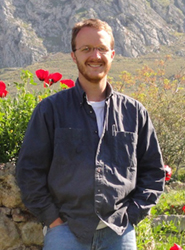
Tristan Barnes is excited to work with UT students on another year, teaching literature, Greek and Roman civilizations, and ancient athletics. His publication on an image of a satyr on a Portuguese lekythos as the constellation Sagittarius was finally printed after an extended COVID-related delay. This turned out to be excellent timing, as he is now busily preparing a new class: CLAS 389 Ancient Astronomy, which will hopefully be offered next year.
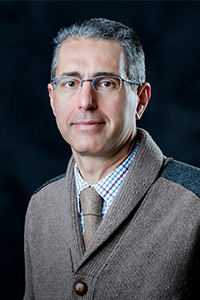
Salvador Bartera very much enjoyed his first full year back at UT. In fall and spring, he taught talented students in all levels of Latin, from beginning to graduate. He served on numerous committees, got to know new colleagues, and attended several conferences, including the Tennessee World Language Teaching Association, where he met many high school Latin teachers. He gave a paper on Domitian at a conference in Rome, another paper on Tacitus in the Renaissance in Sestri Levante, also in Italy, and he attended a conference on historiography in Rome. He also participated in the Summer School of the Thesaurus Linguae Latinae in Munich, Germany. He published a book review, wrote two articles, and continued his editorial work on both a co-edited volume on Tacitus for Oxford University Press and his own commentary on Annals 16. He also traveled extensively in Italy and enjoyed its incredible food and culture.
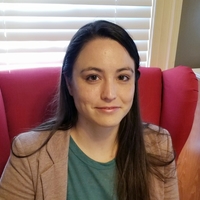
Sam Blankenship is very excited to have joined the Classics community here at UT Knoxville! In addition to getting her bearings on campus and around town this year, she is looking forward to presenting papers at two conferences as a way to receive feedback on her ongoing book project, which examines the impacts of Achaemenid Persian historiography on Greek and Jewish writers. In November she will share her research on Persian historiographical techniques in Ezra-Nehemiah with audiences at the annual meeting of the Society of Biblical Literature in San Antonio, Texas; and in January, at the annual meeting of the Society for Classical Studies, she will argue that the same techniques can also be traced in Alexander’s self-styling and in the work of the Alexander historians. Here on campus, she is already enjoying teaching Greek history and introducing a new crop of Hellenists to the joys of Attic Greek.
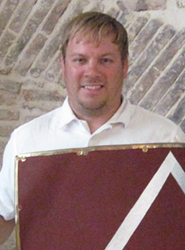
Dylan Bloy has been promoted to the rank of Senior Lecturer this year. He continues to teach mainly courses in introductory and intermediate Latin as well as archaeology and Roman civilization. He co-directed his tenth season of excavations at the Roman villa site at Vacone, Italy, last summer. The excavations revealed a previously unknown lower terrace on the west side of the villa structure, where parts of two separate rooms were preserved to a height of more than two meters with original built features in situ. One was a kitchen with several ovens built into its wall, the other part of a bath complex with an intact stone basin more than two meters in diameter. These discoveries will require a reappraisal of our approach to the west side of the villa site in subsequent seasons.
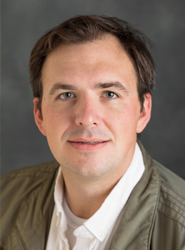
Stephen Collins-Elliott continued a summer of fieldwork on his INSAP-UTK archaeology project, Gardens of the Hesperides: The Rural Archaeology of the Loukkos Valley, based around Lixus (modern Larache), Morocco. Last year he presented on fieldwork both at the Annual Meeting of the Archaeological Institute of America in New Orleans and at a conference of the Moroccan Ministry of Youth, Culture, and Communication held at Lixus last December. He looks forward to teaching Roman archaeology this Fall semester and a new course on ancient business and trade in the following Spring.
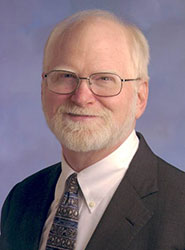
Chris Craig, Professor Emeritus, has this year enjoyed having time with former students from each of his four decades at UT. He is proud of them all, and was especially glad to see Stephanie McCarter recognized with an Alumni/ae Professional Achievement Award. He was also glad to witness the department’s most recent search, and thrilled that new assistant professor Sam Blankenship has joined the team. Chris spends his days in constant reading, less constant exercise, and enjoying every moment with friends and family. In the last year, he traveled with family from San Francisco in the West to London in the East, acquired a terrific son-in-law, and kept busy enough with book clubs that he sometimes longs for the simplicity of a full-time job. Chris and Ann were delighted to see the departmental endowment they established to support aspiring teachers award its first scholarship this year.
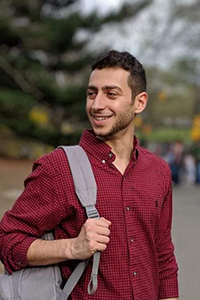
Lorenzo Del Monte continues teaching Greek and Latin as well as culture courses, and he plans to offer Roman law this spring, a course that has not been taught since Susan Martin’s retirement. His research explores the development of the Greek state apparatus through early laws establishing economic value equivalencies, and considers this process in the wider context of Mediterranean and Near Eastern state building. Lorenzo also works on Linear B and Latin paleography, and he is increasingly interested in Classical reception, especially in contemporary art, movies and poetry. In his classes, Lorenzo aims at building bridges between past and present, showing the continuous relevance of ancient models and ideas to interpret and shape the world we live in. In his free time he enjoys exploring Knoxville and its nature with his bike, and trying the new ethnic cuisines that the city offers.
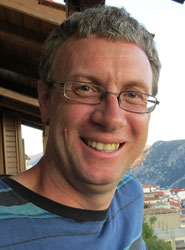
John Friend has now lived in New Zealand for one whole year. He and his family continue to enjoy life in an unimaginably beautiful country (a sunny spring has come after a mild winter) with friendly people and exceptionally yummy food, though decent brisket, bacon, and Tex-Mex are badly missed! For the last four months he has worked happily for the government, in a position both rewarding and challenging, while his wife is prospering as an administrator at the University of Canterbury, and his two boys are faring well in daycare and primary school respectively. In the last year we have attended multiple public events, such as the Hororata Glow Festival, walked numerous beaches, and rode in the gondola over the Port Hills. He still often thinks about the University of Tennessee and Knoxville generally, and would like to convey his best regards to his former colleagues and students.
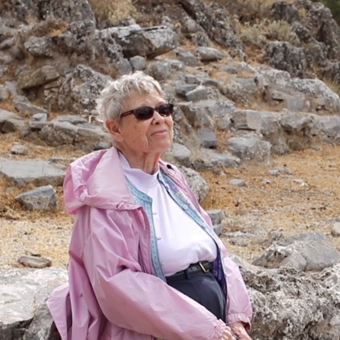
Geraldine Gesell celebrated her 91st birthday this summer, and she continues her transhumant lifestyle alternating between Pachyammos, Crete, and Knoxville twice a year. She is happy to see Volume IV of the final publication of the Kavousi project in press. She continues to prepare her own book on cult at Kavousi.
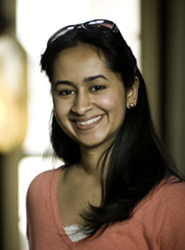
Reema Habib is continuing her research on ancient magic, while also exploring hands-on pedagogical techniques for future publication. She is currently working on a talk on materiality in the ancient world for the MARCO Symposium in the Spring, as well as on the creation of a Study Abroad program on the topic of Roman Britain (which is, as always, dependent on world health conditions). Beyond the classroom, Reema remains committed to archaeological outreach projects, which has thus far included an information session at the Knoxville premiere of the latest Indiana Jones movie, and an interactive exploration of ancient perfumery at the McClung Museum of Natural History & Culture on campus.

Theodora Kopestonsky returned to Athens and Corinth this summer to finish her manuscript about the Corinthian Classical shrine to the Nymphs at Corinth as well as polish her article on the assemblages at Corinthian small shrines. In June, she traveled to St. Andrews (Scotland) and presented a conference paper about Nymphscapes (the practical and ritual utilization of the landscapes at nymph shrines). While there, she visited several Roman military camps and walked part of Hadrian’s wall (and no surprise, it rained!). This year, she is teaching a range of Latin, archaeology, and civilization courses. She continues to tweak the introductory archaeology class (CLAS 232) with hands-on assignments, now including some newly purchased replicas from her recent travels. Hopefully, the students will appreciate them!
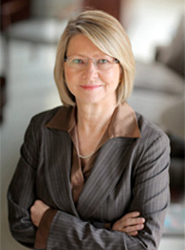
Susan Martin, provost and professor emerita, continues to stay busy in retirement. She and Paul have recently traveled to Sicily, Quebec City, and Morocco. They are planning a trip to Paris later this year as well as travel to visit with family. Susan continues to volunteer with the League of Women Voters of Knoxville and Knox County, organizing candidate forums for local elections. She serves on the Board of the Blount Mansion Association, the John C. Hodges Library Society Advisory Board, and as president of the Knoxville Chapter of the Embroiderers’ Guild of America. She enjoys keeping in touch with the classics department through service on its advisory board. She also continues to stay in touch with former students and loves hearing about their current adventures and future plans.
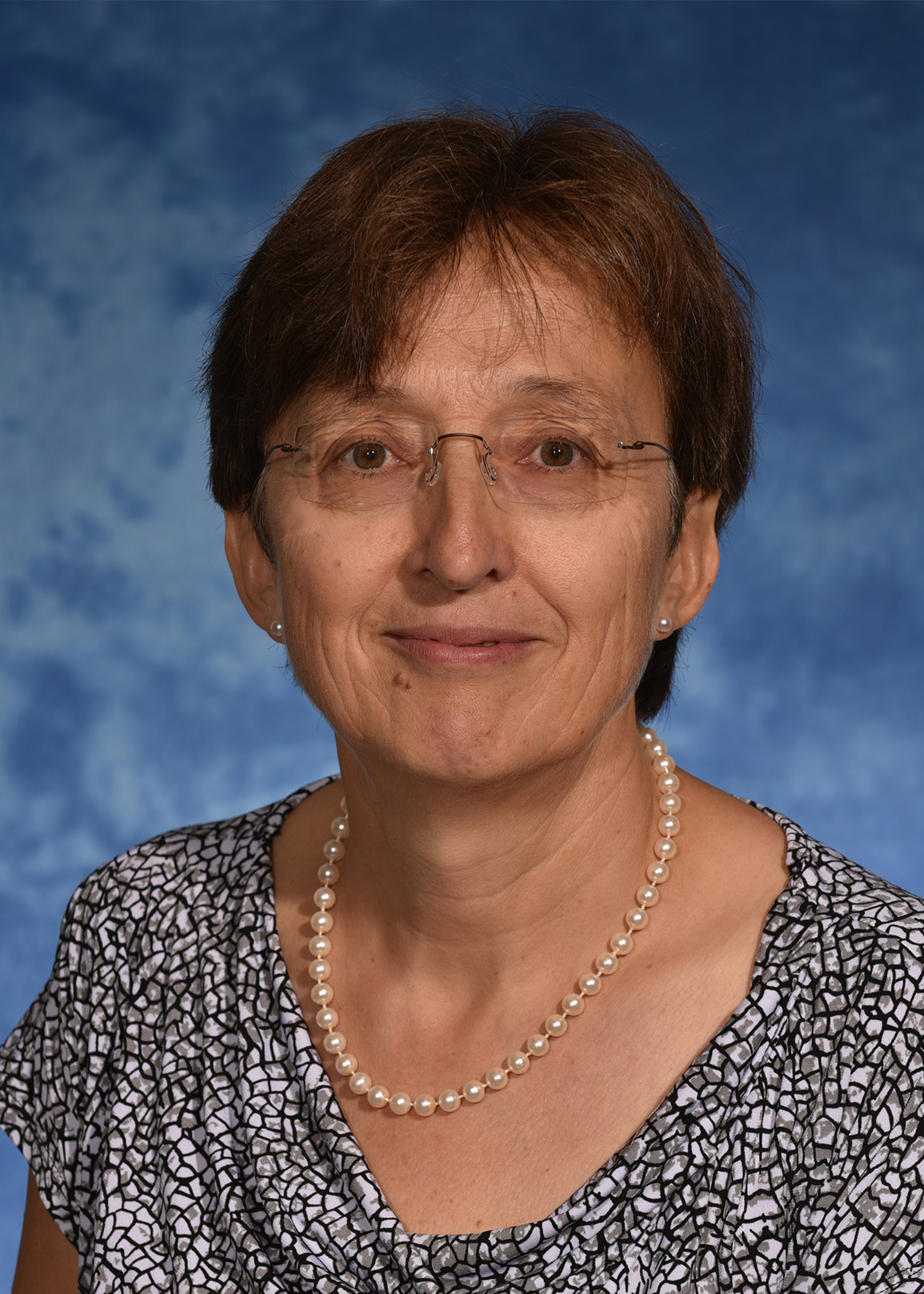
Aleydis Van de Moortel continues to enjoy chairing a department with such amazing students, colleagues, staff, and advisory board members. Last year she taught Ancient Technology and a seminar on the Archaeology of the Trojan War. Both classes drew groups of enthusiastic and lively students. She is especially excited this year about our new study abroad opportunity for undergraduates at the University of Athens, Greece. Aleydis participated in three national and international conferences and submitted six manuscripts for publication, with subjects ranging from the adoption of the sail in the Early Bronze Age Aegean to pottery from the Kamares Cave (Crete) and absolute chronology as well as burial practices and the memorialization of former leaders at the Bronze Age and Early Iron Age site of Mitrou. She spent most of the summer in Greece writing the first chapter of the final publication of the Mitrou project.
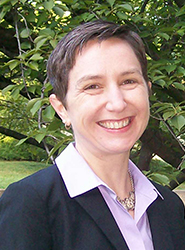
Jessica Westerhold began the 2023-2024 academic year on research leave. She is working on several projects: happiness in the poetry of Tibullus, poetic literacy among Roman women, and Ovid’s use of heroic myth in his exile poetry. In the spring and summer of 2023, she attended international conferences in Halifax, NS, and Coimbra, Portugal. This summer and fall, Jessica has worked with the best of UT’s faculty in Classics, History, and MARCO to organize an amazing Latin Day XLI 2023, featuring lectures and hands-on experiences on a wide-range of topics. Her book Ovid’s Tragic Heroines: Gender Abjection and Generic Code-switching (Cornell University Press) was published in June. Jessica is already working on her next monograph, Representations of Happiness in Latin Elegy. She is looking forward to returning to the classroom in the spring when she will read Propertius, Tibullus, Ovid, Sulpicia, and Vergil with advanced Latin students.